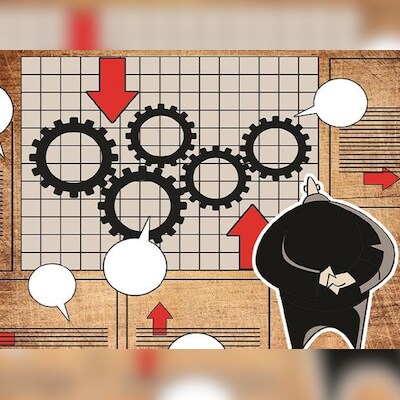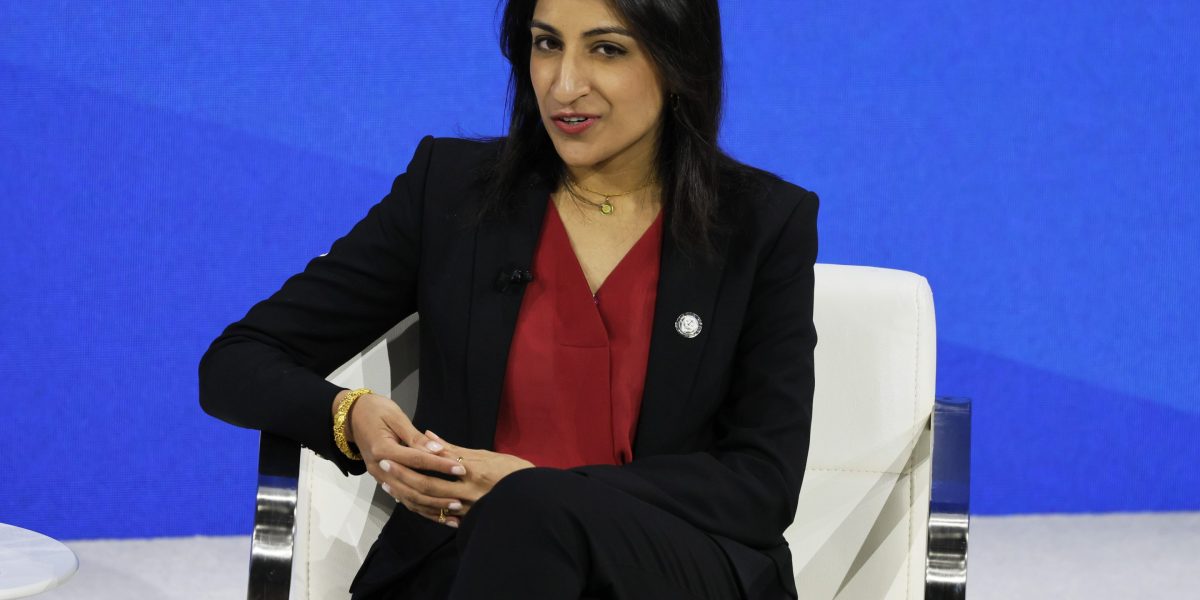The Economic Survey released on Monday projects growth for this financial year (FY25) at 6.5-7 per cent, which appears to be too conservative given the RBI projection of 7.2 per cent. While this number may not be significant except for being the official projection made by the ministry, it would probably be used when making projections on GDP growth in the Budget. The Interim Budget had assumed growth of 10.5 per cent for the year, and with the real growth number being pegged at 6.5-7 per cent, the nominal growth number would probably remain unaltered.
What does the Survey indicate? The general discourse is twofold. The first is there is belief that the economy is doing very well and while there is some distance to traverse given the external conditions, the path is clear. The second is there are several soft spots that need to be addressed which can expedite the growth process. The survey is comprehensive and covers all sections of the economy and provides a cogent outlook of the same.
There are five issues that have been brought up in the Survey which requires discussion. The first relates to investment. While it is admitted that there has been a pick-up in private investment, it has been confined more to construction and growth in machinery has been on the lower side. In contrast, the government spending on capex, which goes into capital formation, has been more impressive. The solution offered is there needs to be a tripartite agreement where the centre, states and private sector need to work together. This sounds pragmatic.
Second, the challenge of employment remains probably one of the most pressing issues for the country today. There are two issues here. First there has been a tendency for labour to migrate back to farming during the pandemic and this has to change. Construction has been one of the larger employers but involves lower skilled jobs. This matrix has to change in favour of manufacturing. Second, the survey emphasises on both skilling and reskilling of the labour force to support growth. The latter is directly required for growth while the former is a lacunae that has to be filled. The statistic provided of not more than half the labour force being employable is disturbing and also indicates the distance to be travelled. In this context, the survey raises the inevitability as also the threat of excess technology in the form of AI, which has the potential to make labour superfluous. The third area of focus has been the green transition. This is something that everyone is aware of. Companies too are getting more conscious of climate change. But the nation needs to be cognizant of the changes taking place and ensure that the problems do not blow over.
Fourth, the Survey raises a flag when it comes to the financial sector. There have been a plethora of changes here with the capital markets booming and attracting investor interest. This has come at the cost of savings migrating from bank deposits to risky equities. While this is how systems work overseas, the concern is more on whether or not retail investors are aware of the risk that they are carrying. While capital markets do dominate developed economies, India continues to be a bank-oriented one where the heavy lifting is done by these institutions. As the nation aspires for higher sustained growth backed by private investment there would be a need for greater flow of funds from banks which can be challenged if savings migrate.
Fifth, there is a strong link which the Survey builds between agriculture and inflation. This is interesting because today inflation is high mainly due to the food component, which in turn, is linked to inherent problems in the oilseeds and pulses segments. It has been highlighted that production has to increase but the real challenge is to get farmers to grow more of these crops given the monsoon vulnerabilities that remain.
There are hence several action points brought out by the survey that need to be addressed in the next few years.
The writer is chief economist at Bank of Baroda. The views are personal.
First Published: Jul 23 2024 | 12:02 AM IST
#Economic #Survey #curtain #raiser #policies #Expert #Views





